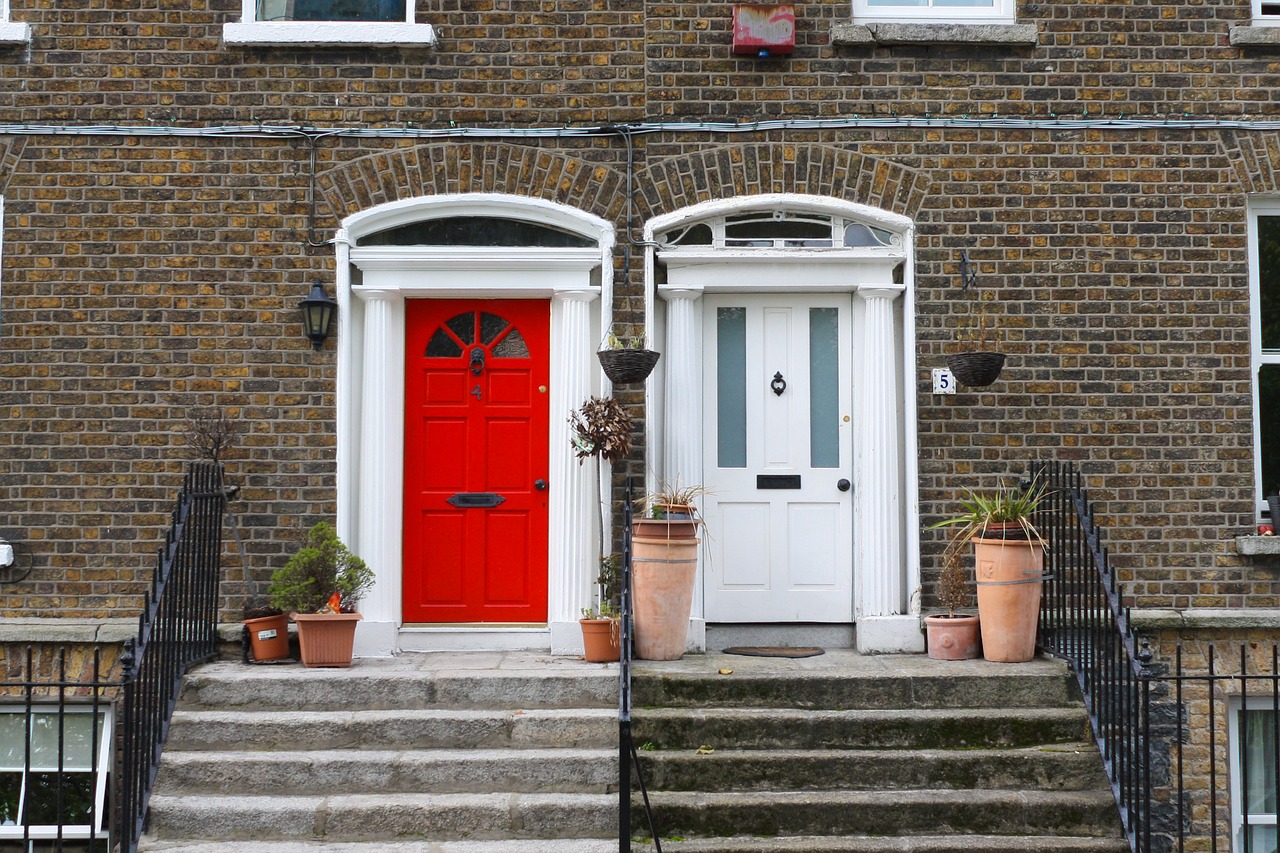12 – 16 June 2025
Healthy eating week is a great time to think about improving your diet. Poor nutrition and obesity are becoming more common in the UK. According to Public Health England nearly 2/3rds of adults in England are classed as being overweight with more men likely to be in this category than women.
Being overweight can cause various health concerns and according to Cancer Research UK, overweight and obesity is the 2nd biggest cause of cancer. Keeping a healthy weight reduces the risk of 13 different types of cancer. Diabetes and heart disease are also other conditions that you have a higher chance of developing if you are obese.
It is therefore important to ensure you are eating a balanced diet. This guide will give you some tips on how to achieve a healthy diet.
How can you improve your eating and drinking habits?
Eat at least 5 portions of fruit and vegetables each day (this can include frozen & dried). This will not only improve your nutritional intake, but also many fruits and non-starchy vegetables such as grapes, watermelons, tomatoes, and lettuce, contain a lot of water and can help keep you hydrated as well.
When eating carbohydrates, choose whole grains and high fibre versions with less added fat, salt and sugar and more vitamins. Eating whole grains instead of highly refined grains can help reduce the risk of heart disease and diabetes and can support a healthy digestive system.
Ensure you are getting a good source of protein like lean meats, fish, eggs, dairy products, soya, seeds and nuts and beans and pulses. Reduce the amount of processed meat you are eating, these include sausages, bacon, cured ham, corned beef, and smoked meat. Try to eat 2 portions of fish per week, at least one of which is oily.
Be aware of your sugar intake. Eating too much sugar can cause weight gain and tooth decay, so moderation is key. Some studies believe that sugar can be incredibly addictive, so keep track of how much sugar you are adding to your food and drinks. Look at information on nutrition labels and ingredients lists to help reduce your intake of sugar. High sugar intake is linked to numerous ailments, including obesity, type 2 diabetes, heart disease, and many forms of cancer.
A lot of products have been choosing to replace their sugar usage with sweeteners and this is where diet drinks have come from. Sweeteners are a minimum of 200 times sweeter than sugar and can be as much as 700 times sweeter. This means that less can be used in foods, therefore we consume less product overall. Sweeteners are much better for you from a dental health perspective. However, the research around obesity and weight gain is not clear. It is therefore best that sweeteners included in your diet are in moderation.
We all know that it’s important to keep hydrated and to drink more water. Water is good for your health, drinking 8 glasses of water each day is recommended to maintain good health, which is around 1.5 to 2 litres.
When choosing what to drink, consider the nutritional benefits. Sugary drinks can often be your biggest source of sugar intake. The soft drinks industry levy or sugar tax was introduced in April 2018 as a key part of a government strategy to tackle childhood obesity.
Flavoured water is often promoted as a healthier alternative to fizzy drinks but that’s not always the case. Even though they are zero or low calories, these drinks can be loaded with sugar, artificial sweeteners, artificial colouring, preservatives, and other unnatural ingredients. One easy way to ensure tasty water that’s naturally flavoured is to make it yourself.
DIY infused drinks add nutrients to your diet that can strengthen your immune system, boost your energy, kick start your metabolism and help you maintain a healthy, hydrated body. You could try using cucumber, lemon, lime, mint, ginger, basil or even a cinnamon stick.
Swap caffeine and alcohol with water. Caffeine and alcohol are both diuretics, meaning that they cause your body to remove fluids from your blood at a much quicker rate than other liquids. This results in the body becoming dehydrated.
Alcoholic drinks contain almost twice as many calories as protein and carbohydrates they also contain calories from other sources, which add to overall caloric intake, e.g. cocktails, mixers, spirits. Alcohol loosens the inhibitions and therefore you are more likely to indulge on unhealthy foods. If you’re drinking and then you don’t feel well the next day, you’re going to be less likely to be physically active. When you drink your body is more focused on breaking down alcohol rather than burning fat.
Recommended Daily Allowance
Food labels use reference intakes to demonstrate the amount of calories you should eat each day.
The intake for an average adult should be:
- Saturates – less than 20g
- Carbohydrates – at least 260g
- Energy – 2000Kcal
- Fat – less than 70g
- Total sugars – 90g
- Protein – 50g
- Salt – less than 6g
Poor nutrition or malnutrition is caused by a person’s diet lacking the right amount of nutrients. Malnutrition can refer to undernutrition, which is not getting enough nutrition and over nutrition, where you are getting more nutrients than you need.
Malnutrition can lead to a range of serious health conditions, including:
- Type 2 diabetes
- Cardiovascular disease
- Obesity
- Depression
- Bone and joint issues
- Tooth decay
It’s important for you to be aware of the symptoms of poor nutrition and dehydration.
These include, but are not limited to, dizziness, dry skin, nausea, and heart palpitations. If you notice any of these changes occurring, you need to be proactive and take some preventative measures to
avoid malnutrition by having a healthier, more balanced diet.
Here are some tips if you are trying to lose weight and want to reduce hunger cravings naturally:
Some foods are high in soluble fibre which form a gel in your bowels, making you fuller for longer and helping to clear cholesterol from your blood. Eat oats, barley, rice, golden linseeds, chia seeds, aubergine, okra, bananas, apples, citrus fruits, strawberries, prunes, plums, avocados, pears, carrots, broccoli, sweet potatoes, and onions. Food such as meat, fish and diary don’t contain any fibre as this only comes from plant foods.
- Keep it simple and don’t fall prey to fad diets.
- Aim for a protein source at every meal to combat the hunger cycle.
- If you don’t exercise often, look to make movement part of your day.
- Avoid drinking sugary drinks where possible, as it is common to underestimate how many calories and how much sugar a drink can contain. Look out for ‘no added sugar’ drinks.
- Feel empowered, not overwhelmed, if you are trying to switch to a healthier diet take it one step at a time and in moderation. You will be more likely to stick with it. Be patient losing weight will take time.
- Set realistic goals, to maintain a balanced nutritional diet and fit in regular exercise. Start by making small changes such as walking daily.
- Try using a health and wellbeing mobile App, to keep track of your calorie intake and water consumption. Make sure you celebrate your milestones.
Food and Stress
You have both physical and psychological relationships with food. Your physical relationship with food is based on the types of food you choose to eat, your eating behaviour, or habits and how your body responds biologically to your diet.
Your psychological or emotional relationship with food is based on how you think about food, how you use food for reasons other than to relieve hunger, and how food relates to your body image, or the way you feel about how you look.
In order to get control of stress eating, you have to control your stress levels.
Read our stress awareness guide here.
5 ways to manage food consumption when stressed:
1. Know your stressors
2. Exercise to reduce stress
3. Reach out for help
4. Develop a practice of mindfulness
5. Learn intuitive eating










